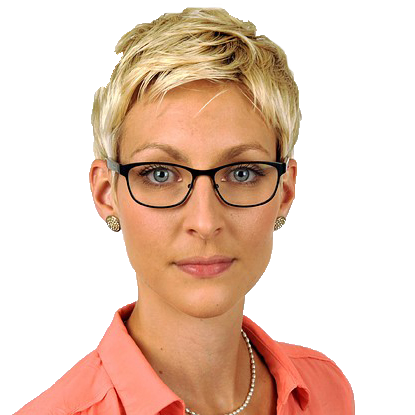
Heidi Blake
Biography
Heidi Blake started her journalism career editing the University of York student newspaper paper, Nouse. he won three Guardian Student Media Awards for her work at the paper in 2007, including student journalist of the year. She then graduated and joined the Telegraph graduate program in 2008 after completing her degree in English and Politics and obtaining the highest grade with distinction. Once she had joined the Telegraph graduate program she was sent to the Yorkshire Post. There, she wrote stories that gained national attention from several different newspapers.
After completing her training, Heidi worked as a general news reporter and then an investigations correspondent at the Telegraph before being headhunted to join The Sunday Times Insight investigations team in 2011. In March 2015, Blake moved to her current post as UK Investigations Editor for BuzzFeed in London, where she and her colleague John Templeton revealed widespread evidence of match fixing at the top level of international tennis. She has won 16 national and international awards and many more nominations for her work.
Interviewed by Faye Curran
Originally I wanted to be a poet and a novelist, but once I figured out that I wouldn’t make much of a living out of that I turned my hand to journalism at the University of York in the north of England. I joined the student newspaper, Nouse, and became the editor in my second year. That’s really where I got my first taste of journalism and immersing myself into other worlds for my stories.
One of the first long-form pieces I wrote for the paper was about how students were involved with the sex industry and the circumstances that drew them into that lifestyle. I also wrote about what life was like for transgender students on campus, spending a lot of time with that part of the university community and trying to understand how it felt to be in their shoes and live that life every single day. I suppose that’s where I really first got the bug for it, getting inside other worlds, living and breathing other people’s lives for a while, and trying to help get their stories across. I liked taking that immersive approach, and writing thoughtfully about what I found.
I am an intensely curious person, which is a polite way of saying I’m appallingly nosy, as I think most journalists are. I love delving really deep into someone else’s business and finding stuff out. After graduation, I progressed onto the Telegraph, where I was fortunate enough to make it onto the fifteen-month graduate program. I actually ended up spending just over three years there, becoming a general news reporter and then making my break onto the investigative team. In 2011 I moved on to the Sunday Times and joined the Insight investigative team there, and now I am the Investigations Editor for BuzzFeed in London.
When I was in training at the Telegraph, I was sent to The Yorkshire Post for three months and the brilliant then news editor, Hannah Start, totally freed me up to spend all my time working on exclusive stories. It was an inspired move, to throw a baby reporter right in at the deep end and see whether I sank or swam. It was scary, but it was also exactly what I wanted, and that was when I really got the bug for investigations.
The first big exclusive story I broke revealed that the central database containing all the government's information on every child in the country was riddled with security flaws. I'd been given a tip-off that the system was broken and Hannah allowed me to spend weeks finding sources who confirmed the failings were a risk to children. When we broke the story, several national newspapers followed it up, and in the end the database was scrapped. That was when I got my first taste of how thrilling it is to uncover a secret that the authorities are keeping from the people, and to see your work make a difference.
Sports organizations can be a hub for corruption. I joined the Sunday Times Insight team in 2011, which had already blazed a trail exposing evidence that the FIFA World Cup bidding process had been corrupted. After I arrived we dug deeper into the activities of the Qatar 2022 World Cup bid team, and got hold of evidence that it had offered the son of one of the FIFA voters (Samson Adamu, son of Amos) $1m to host a dinner in Johannesburg. We obtained the contract and all the emails leading up to the deal, but when we approached Qatar they claimed it had fallen through and the money was never paid. Still, that was enough to prompt Michael Garcia, FIFA's ethics investigator, to launch his now infamous inquiry into the 2018 and 2022 bidding contest.
We carried on digging and in the end we got hold of a huge cache of literally hundreds of millions of documents that revealed how the Qataris had waged an industrial-scale bribery campaign to buy up support for their World Cup bid. And once you have started digging into sport corruption you find it is a very rich seam and you get sucked in. So when I got to BuzzFeed my colleague John Templeton, who is a genius, was starting to look at match fixing in tennis, and we jointed forces on that too.
When it comes to deciding what to investigate, I prefer to be out there in the mix talking to interesting people, inserting myself into interesting places, and trying to get hold of a real lead to being with, rather than sitting in the office dreaming up targets without much to go on.
I tend to try to get a bit of proof of something first and then think about how to scale that up – whose fault is it, how high up does it go, how far can we take this? Looking at the gap between what powerful people or organizations want to tell you about themselves and what the evidence shows is a sweet spot for investigations.
If you’re getting a very glossed over version of what is happening, then there’s usually something less pleasant being hidden underneath. For example, my superb colleague John Templeton got the first foothold on our tennis investigation by devising an algorithm that detected hundreds of suspicious matches in the men’s sport, and when we went out and started talking to people they were all saying match fixing is a huge problem.
But as soon as we spoke to the tennis authorities, they said this just wasn’t a big issue and the sport was clean. That just didn’t add up with everything else we had in front of us, and so it rang alarm bells. It suggested that not only did the sport have this problem but that at best the authorities were turning a blind eye to it and at worst they were proactively covering it up. And it turned out we were right. So looking at that gap between the official line and the reality is often the best place to start.
It might seem funny, but despite years of working in investigative journalist, I’m still shocked if I realize someone is lying to me – or, worst of all, lying to the public. I’m constantly surprised by how readily people and organizations do it. It really enrages me, not that you are misleading me but that through me you are trying to mislead the public, and that is just not okay.
I care about people being misled and it’s amazing how as the media we can right some wrongs of big corporations and sports organizations just by getting behind the spin.
My life revolves around my current investigation, whatever it may be, to the great annoyance to everyone else in my life. Particularly when we’re getting towards landing the story, a month or three weeks before we publish I just go completely dark and I can’t even really respond to texts, turn on the TV, listen to the radio or go to the pub. Even checking my phone distracts me from thinking about the story and clouds my headspace, which I need to be totally free for the story, so I’m completely anti-social at those times. I don’t think everyone does this, but that level of nerdiness helps me in powering through those big stories.
Outside of the period immediately before I publish a story, I would like to think that I have a reasonably rounded life, though others may disagree. But right before publication it’s total blackout.
It's a huge thrill to push the button on an investigation and see it explode around the world – especially when you've uncovered a big secret that wealthy, powerful people were trying to keep from regular people to protect their own interests. It doesn't always work out – sometimes-important stories sink without a trace – but when it does it makes it all worthwhile.
I’m most proud of setting up the investigations team at BuzzFeed in London. I am so, so proud of my team – Tom Warren, Jane Bradley and Richard Holmes – who are all incredibly talented, committed, tenacious journalists working hard to hold power to account and stand up for regular people every day. It’s vicarious pride, I suppose, but putting that team together is the best, most rewarding thing I’ve ever done.
And in terms of the personal highlights of my own journalism, the recent story that we all worked on as a team exposing how the taxpayer-owned bank Royal Bank of Scotland crushed small businesses for profit during the recession was right up there. Thousands of decent, honest, hardworking business owners had suffered and, worse, the bank was lying to the public and to Parliament about what it had put them through. No one believed these people for years, and they felt ashamed in their communities because they had lost everything, so it was very rewarding to put that narrative right. The bank eventually agreed to put up £400 million to those people, which is a fairly derisory sum, but they’re under pressure from politicians to pony up more cash and the story isn’t over.
I have had lots of incredible mentors. During my time at the Telegraph, Liz Hunt was the head of features. She is such a brilliant editor and she taught me a lot about writing narrative in particular as well as being warm and supportive, and great example of a strong woman at work in a macho environment. I have been unbelievably lucky to work with some of the best journalists in the world along the way and I have tried to soak up every ounce of wisdom I can from them all, and constantly think back to what they’ve taught me.
My advice for budding journalists is to get really obsessed with something that you think is wrong with the world. Forget about Twitter or anything else; just worry about one thing for a while. Who is at fault and who is being harmed? Where is the proof and how can you get your hands on it? Who should sort this out and why haven’t they? And then start digging. Show your editor you can get things on your own. Don’t take a lunch break or check Facebook. Work on your project, and just obsess and worry away about a thing until you’ve cracked it. Then you will have your first big scoop under your belt, and the next won’t be far behind.
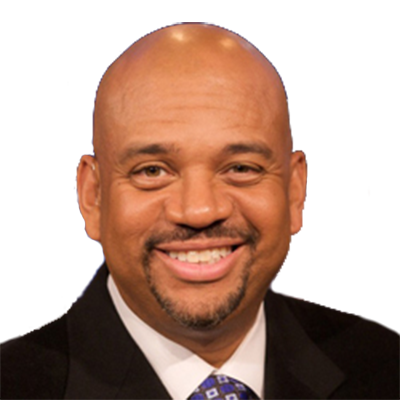 Michael Wilbon
Michael Wilbon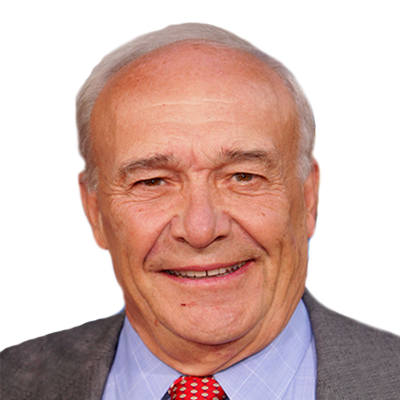 Bill Nack
Bill Nack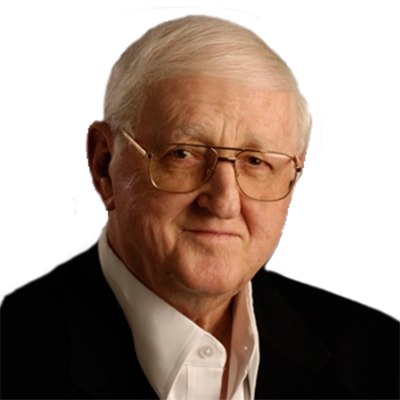 Dan Jenkins
Dan Jenkins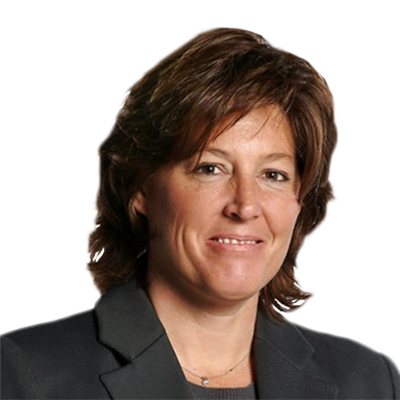 Sally Jenkins
Sally Jenkins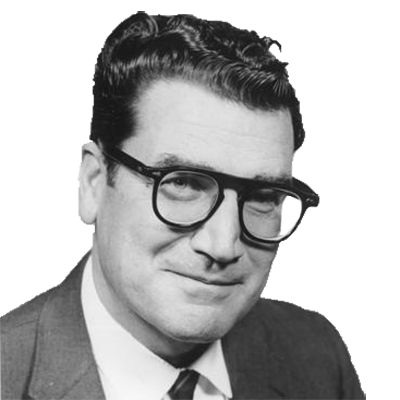 Jim Murray
Jim Murray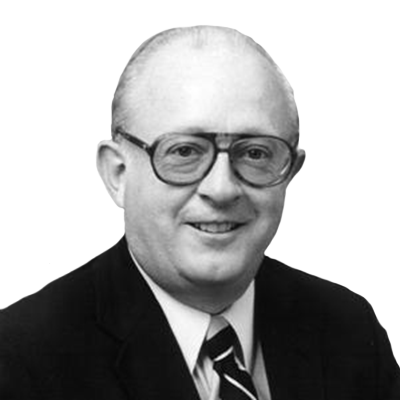 Dave Anderson
Dave Anderson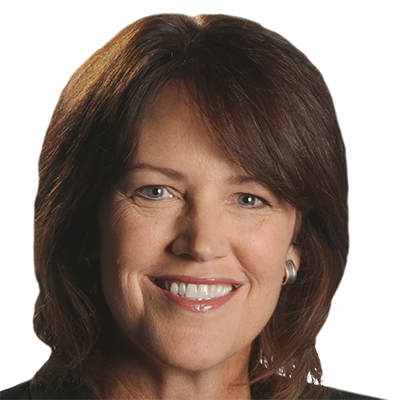 Christine Brennan
Christine Brennan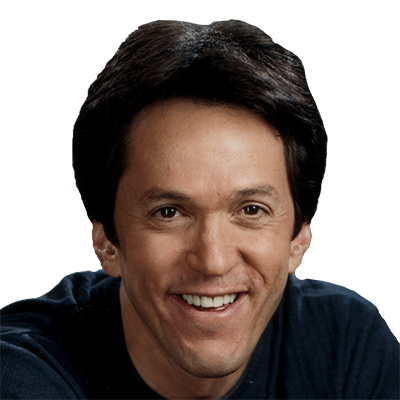 Mitch Albom
Mitch Albom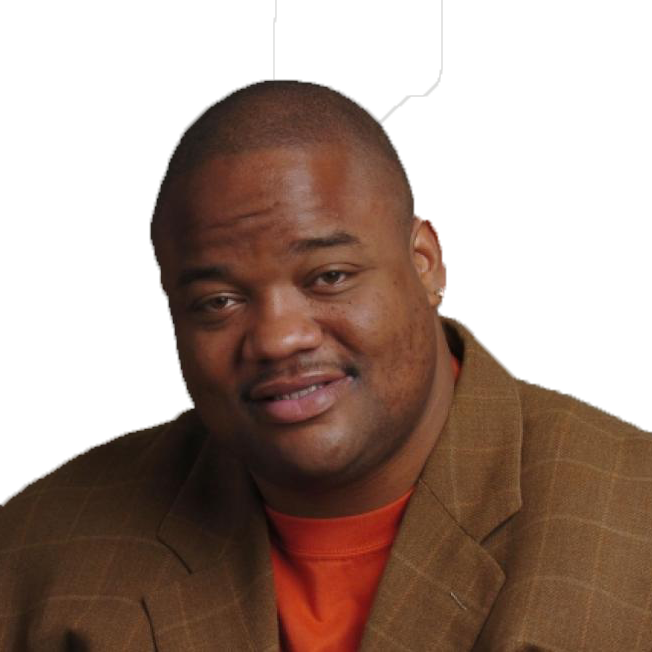 Jason Whitlock
Jason Whitlock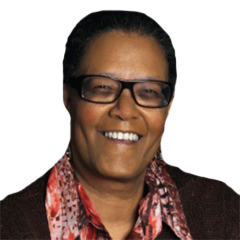 Claire Smith
Claire Smith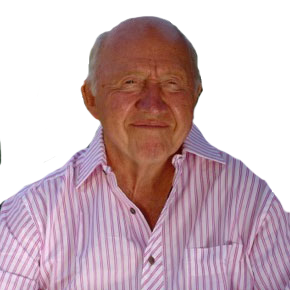 Bud Collins
Bud Collins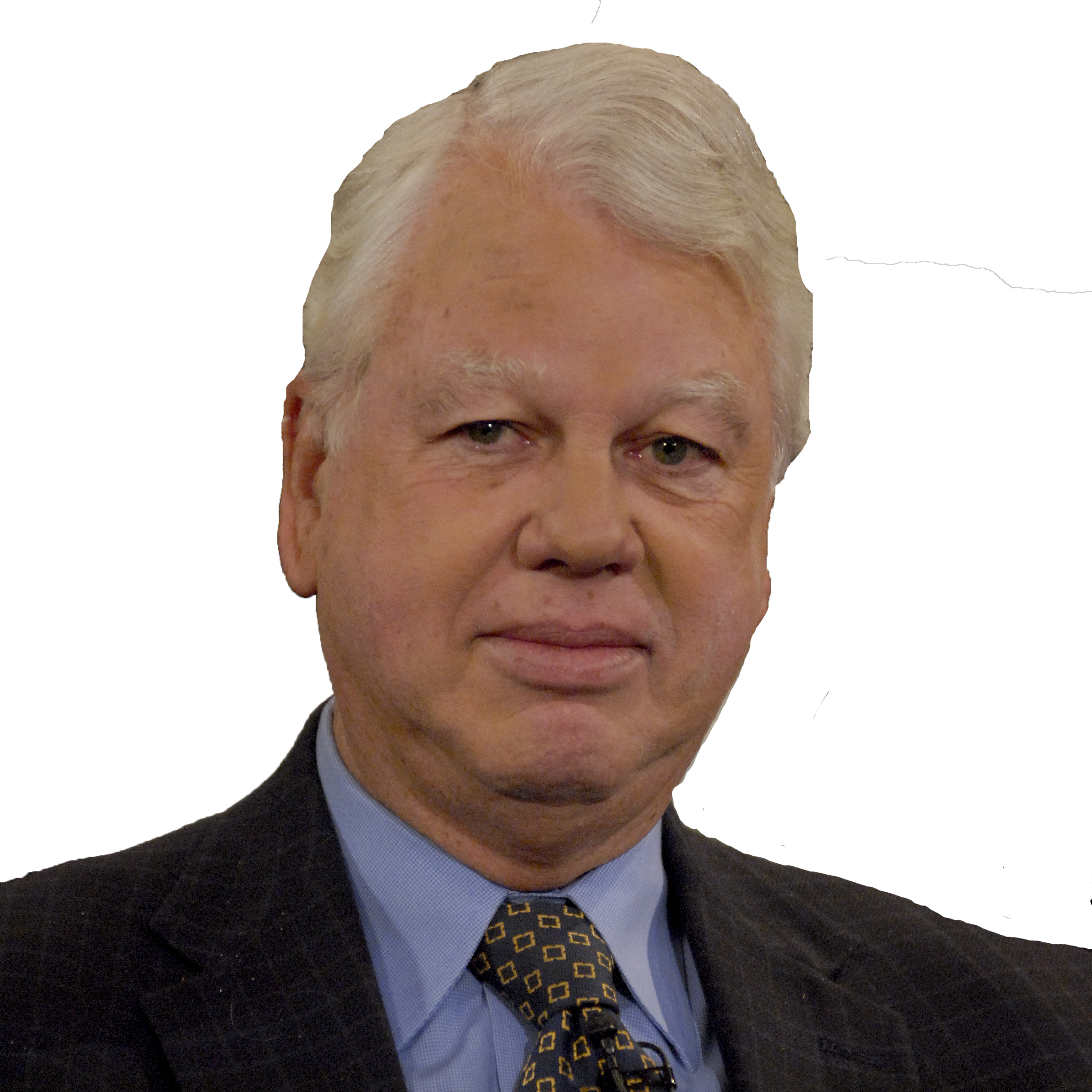 Bob Ryan
Bob Ryan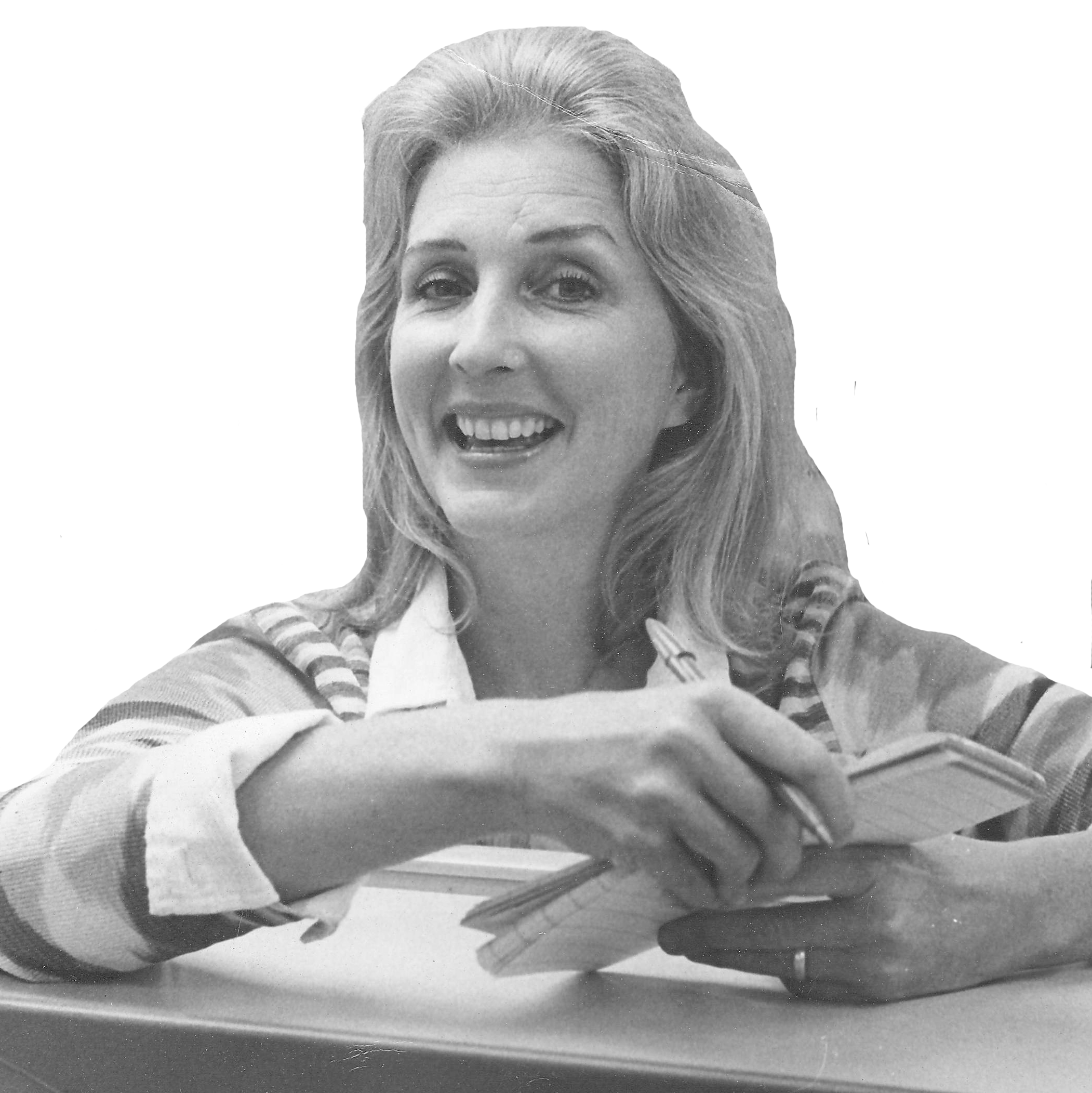 Joan Ryan
Joan Ryan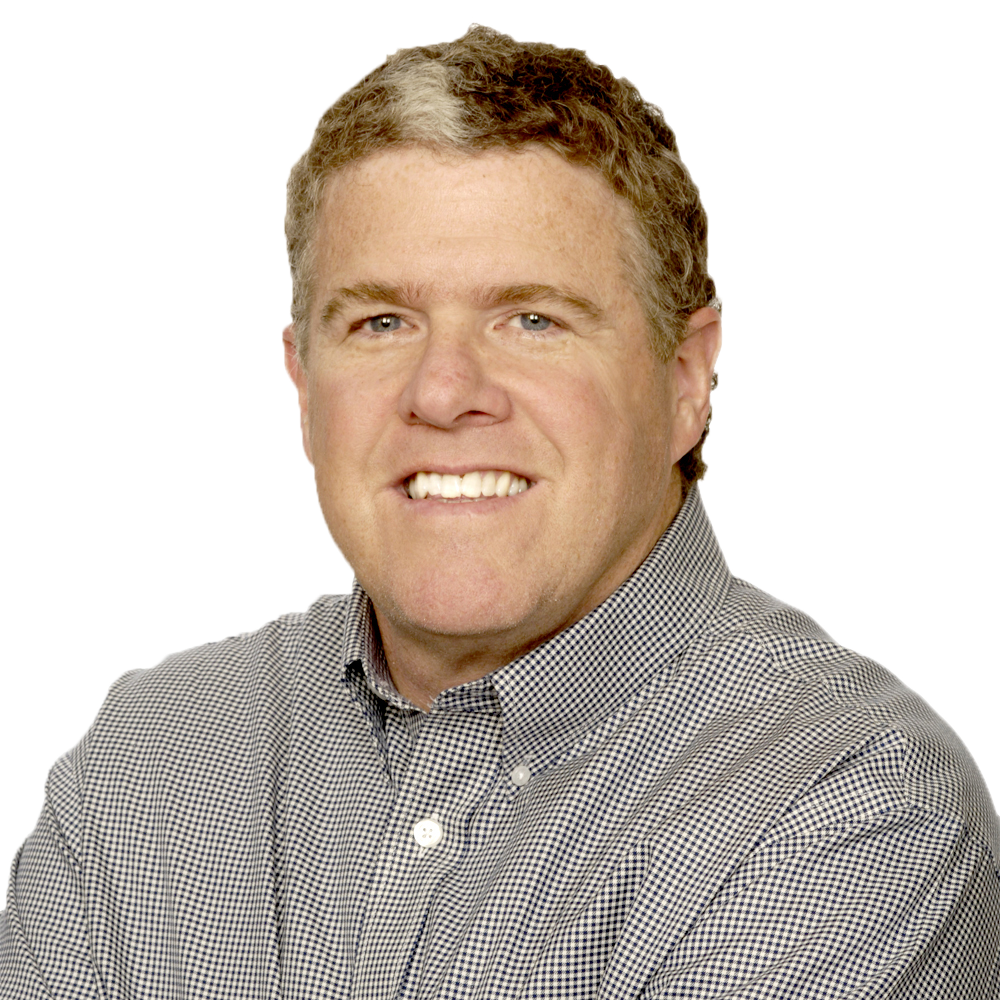 Peter King
Peter King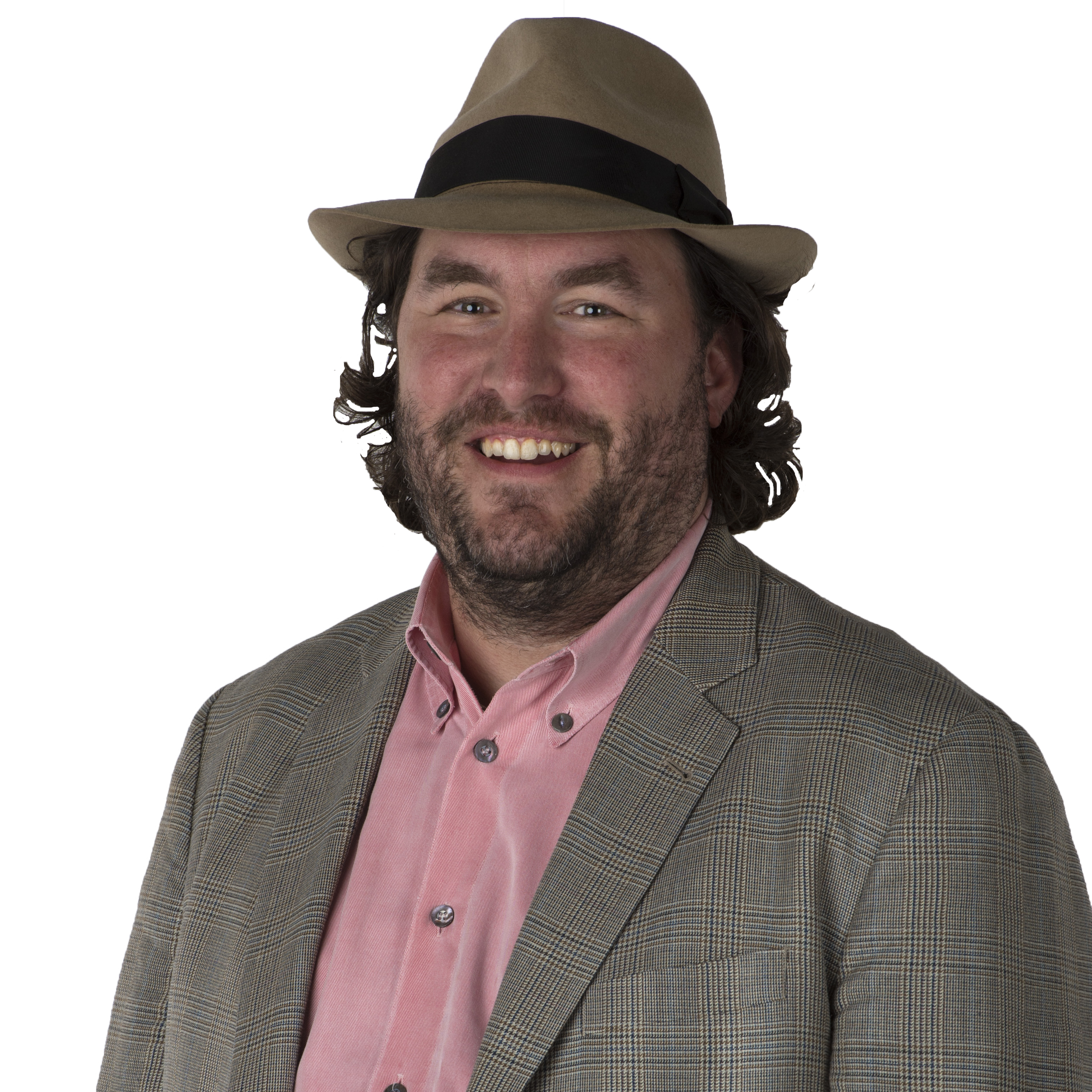 Wright Thompson
Wright Thompson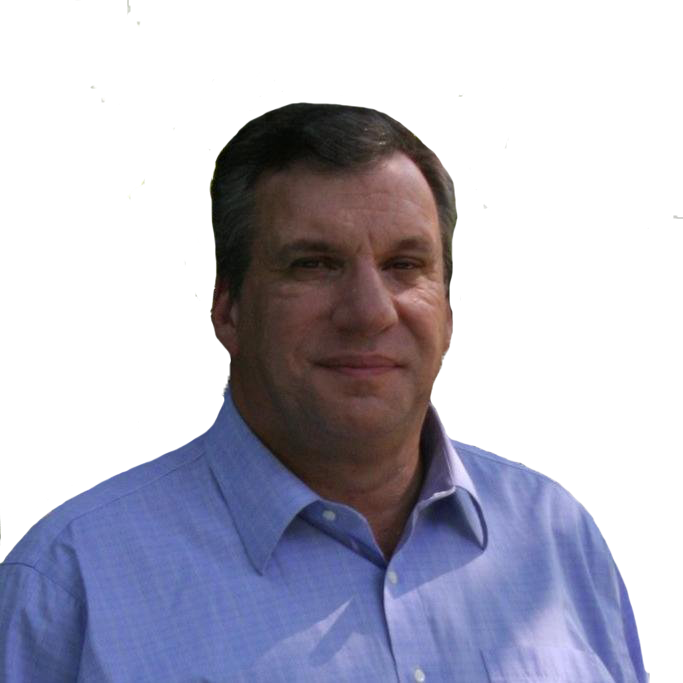 John Feinstein
John Feinstein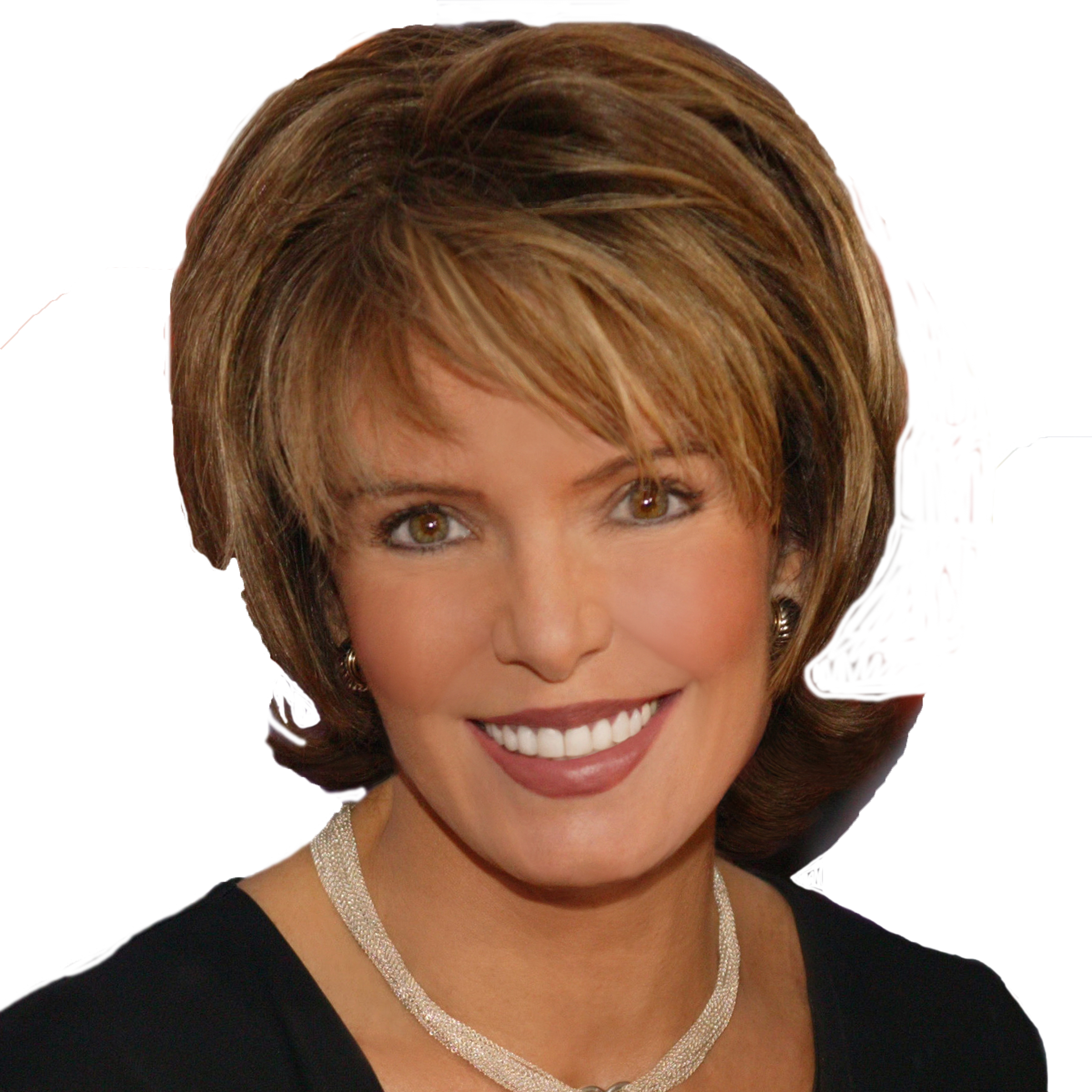 Lesley Visser
Lesley Visser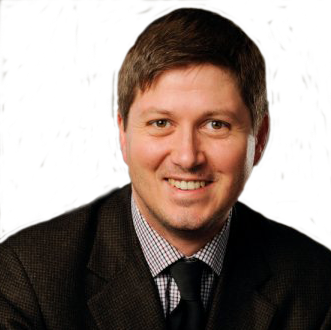 Will Leitch
Will Leitch Tim Kurkjian
Tim Kurkjian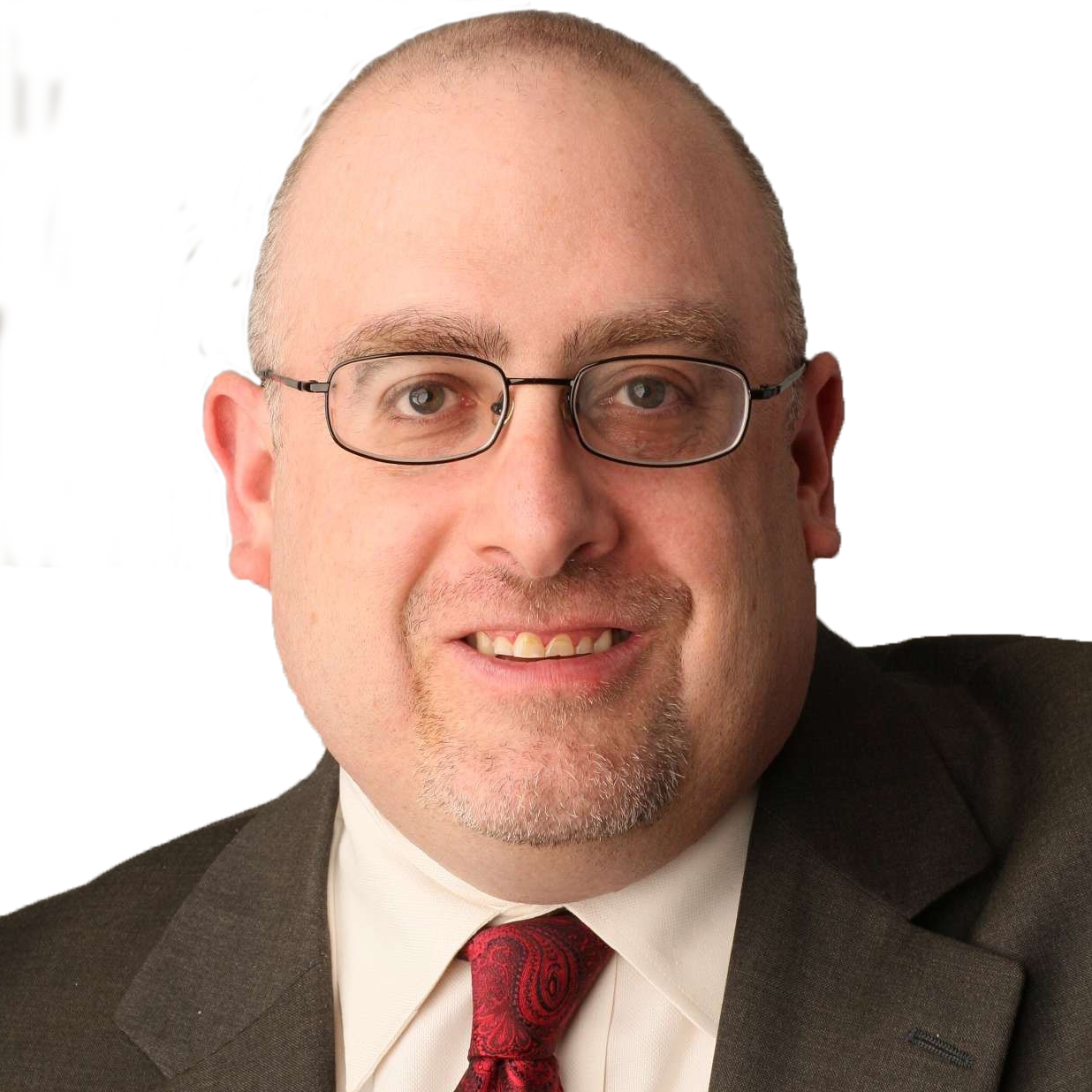 Joe Posnanski
Joe Posnanski
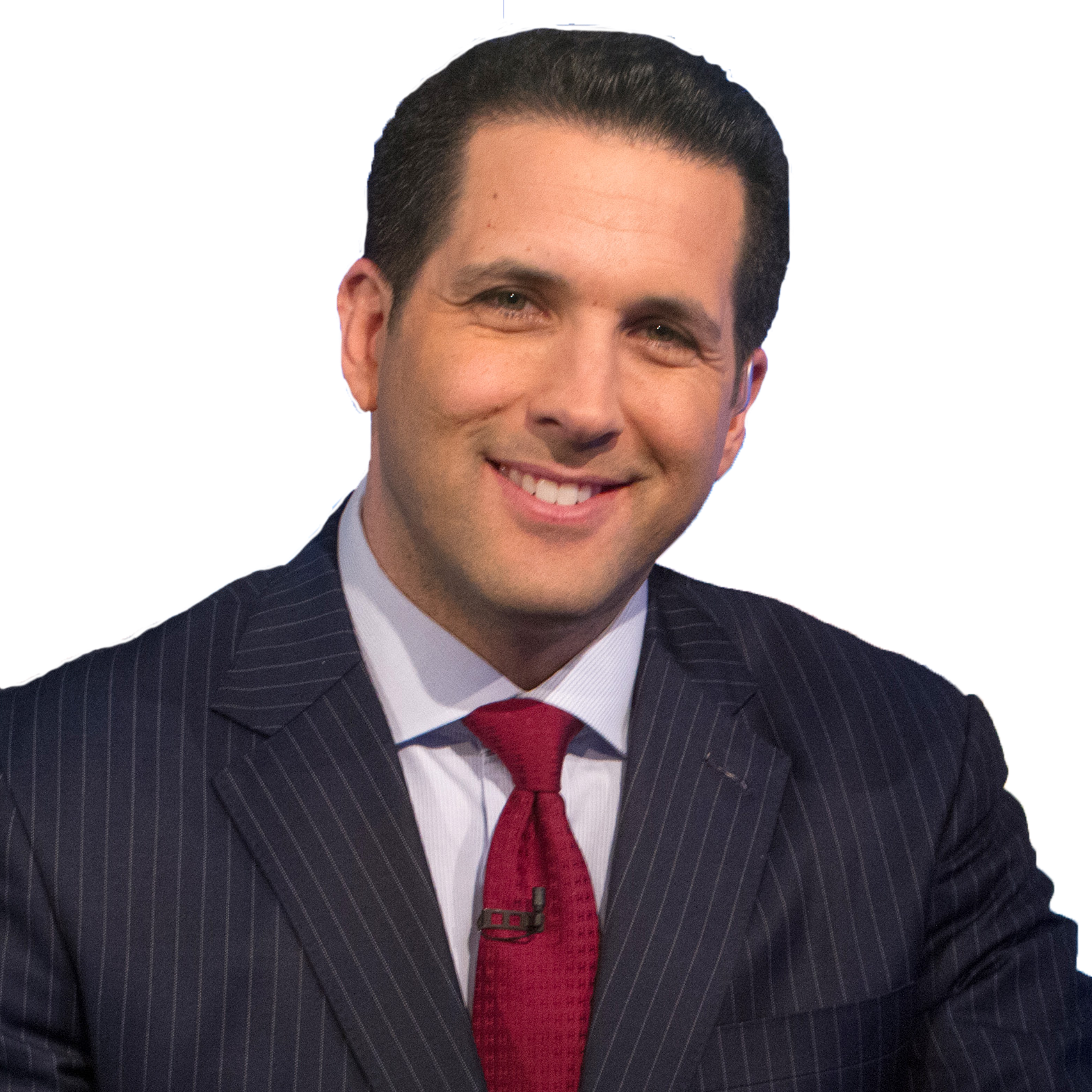 Adam Schefter
Adam Schefter
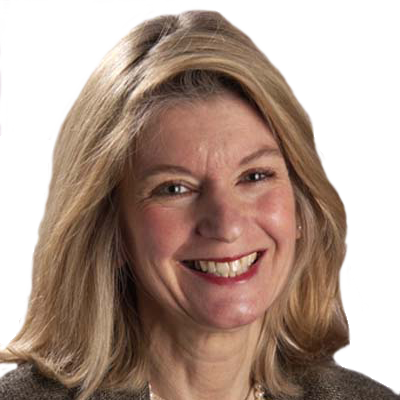 Terry Taylor
Terry Taylor
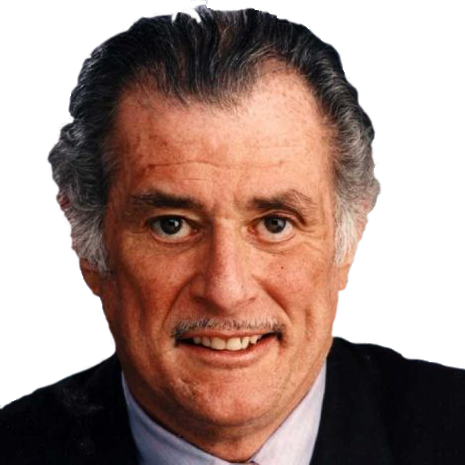 Frank Deford
Frank Deford
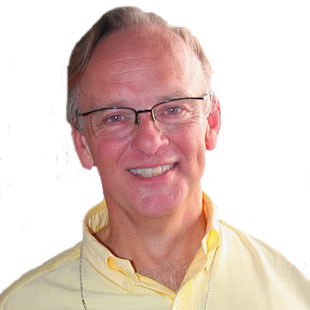 Tom Boswell
Tom Boswell
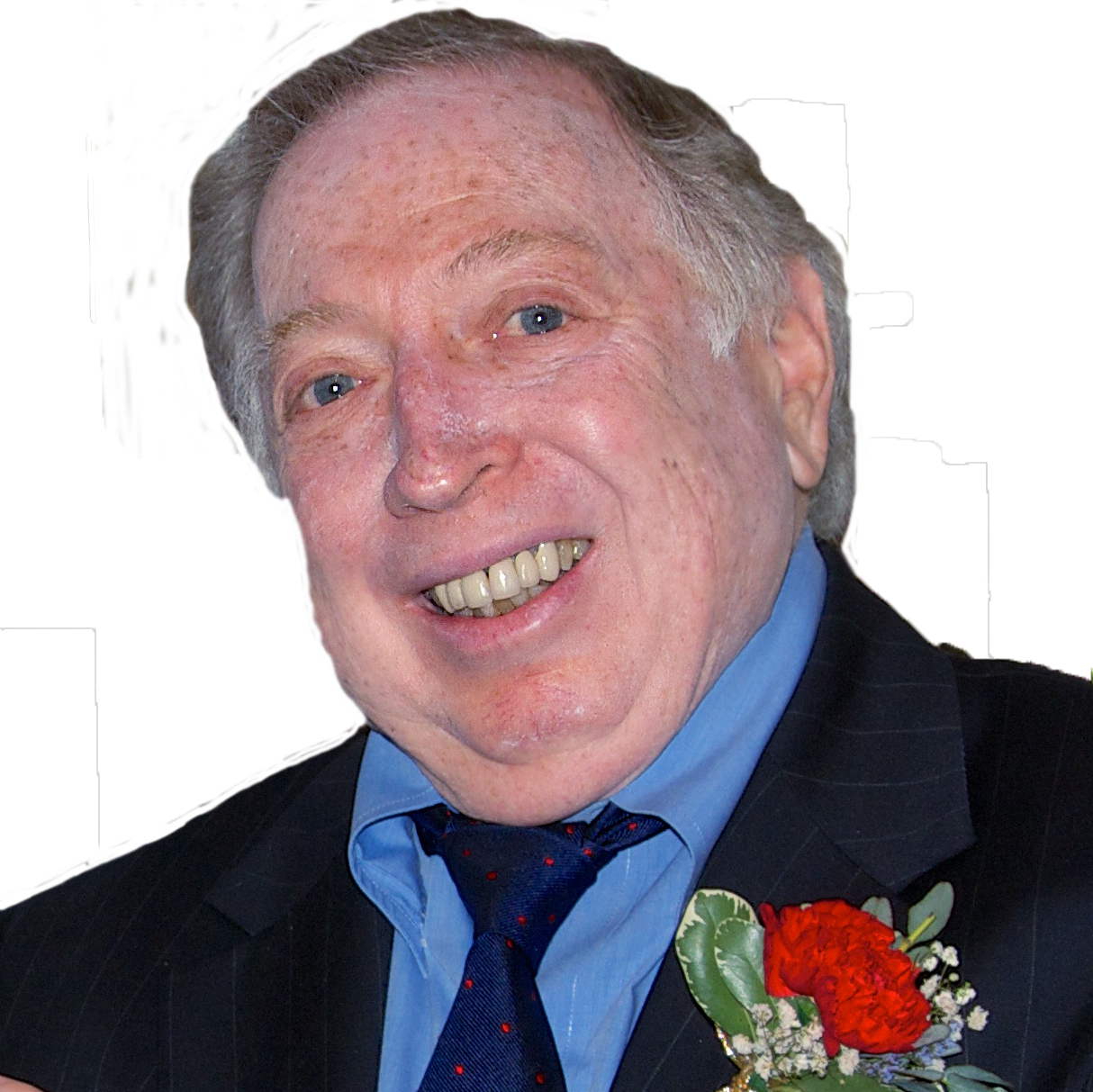 Neil Leifer
Neil Leifer
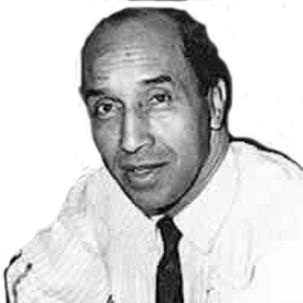 Sam Lacy
Sam Lacy
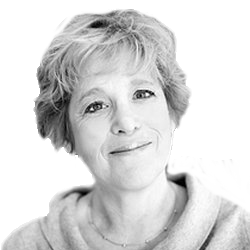 Jane Leavy
Jane Leavy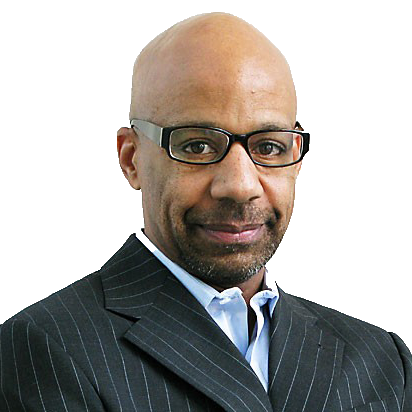 Kevin Blackistone
Kevin Blackistone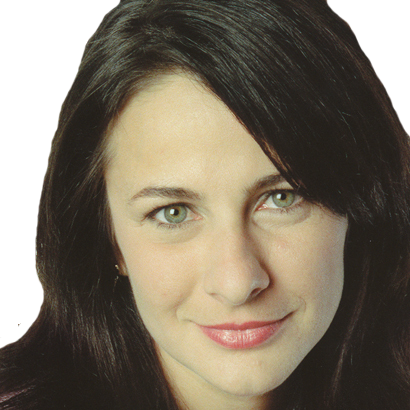 Juliet Macur
Juliet Macur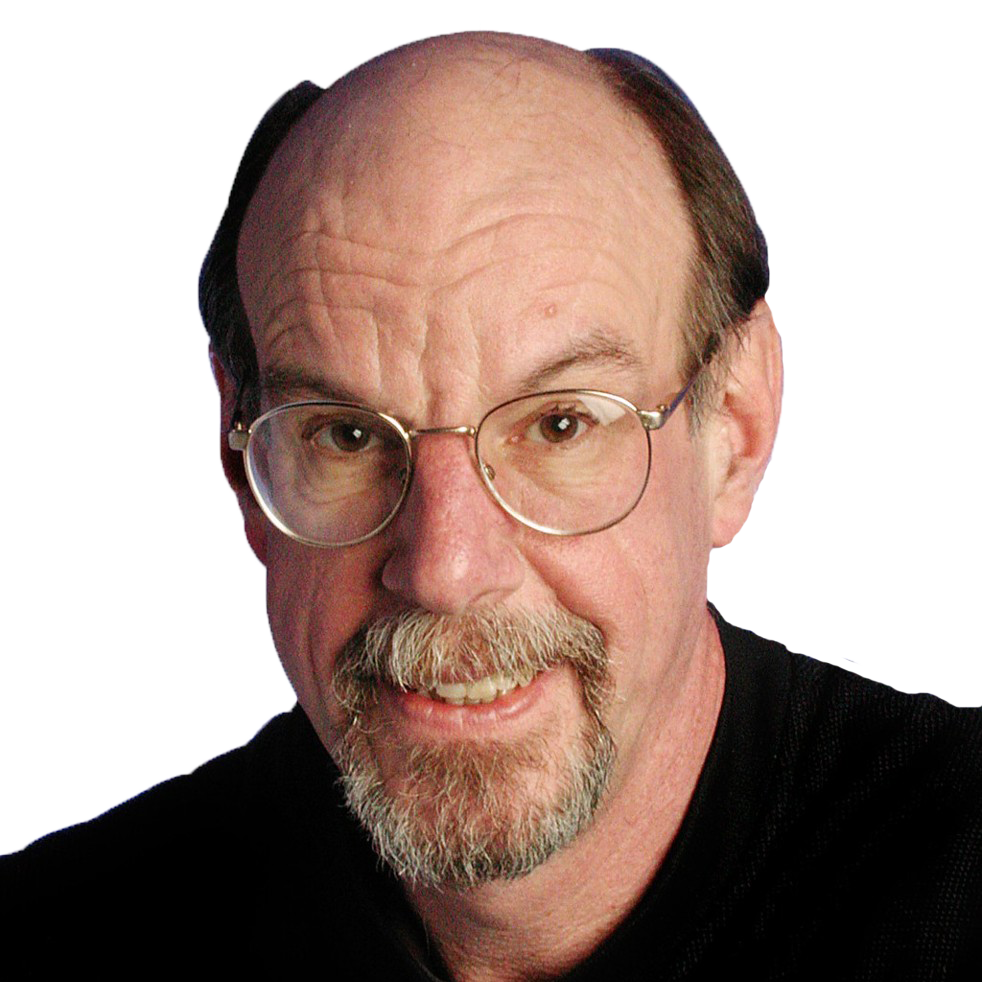 Andrew Beyer
Andrew Beyer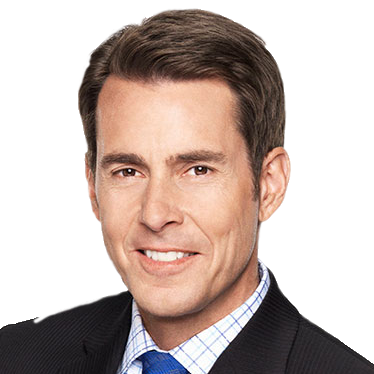 Tom Verducci
Tom Verducci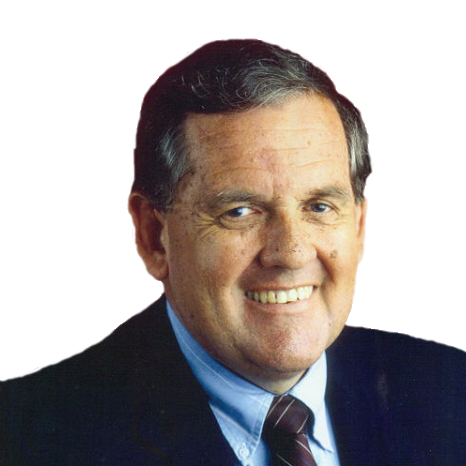 Hubert Mizell
Hubert Mizell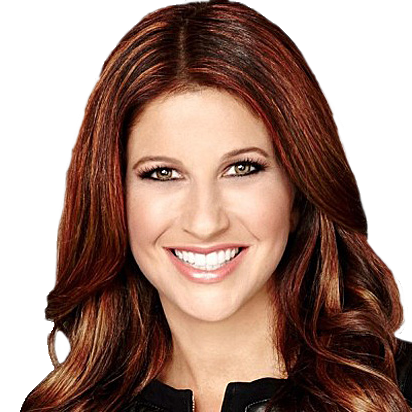 Rachel Nichols
Rachel Nichols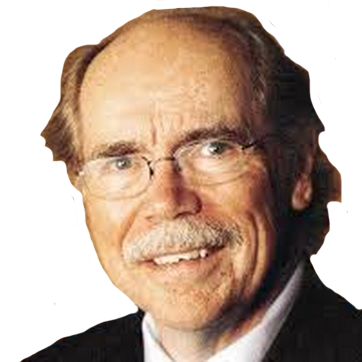 Dave Kindred
Dave Kindred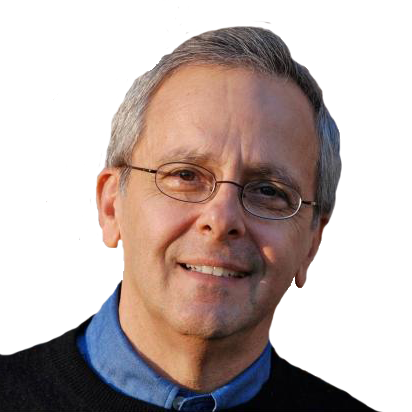 Mike Lupica
Mike Lupica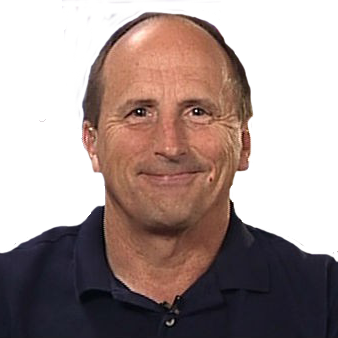 Richard Justice
Richard Justice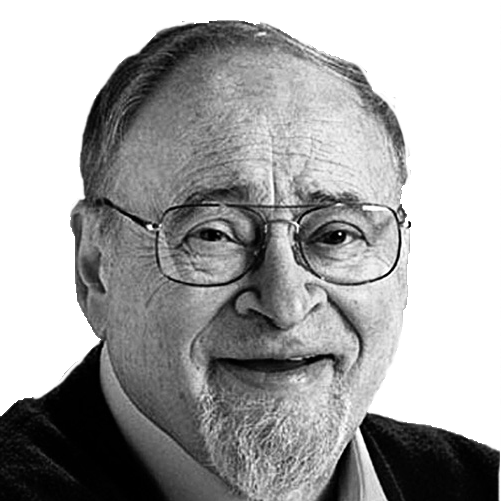 Jerry Izenberg
Jerry Izenberg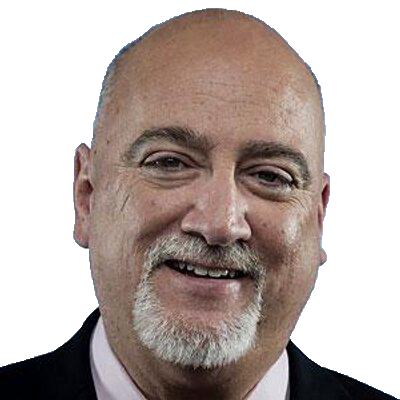 Bill Plaschke
Bill Plaschke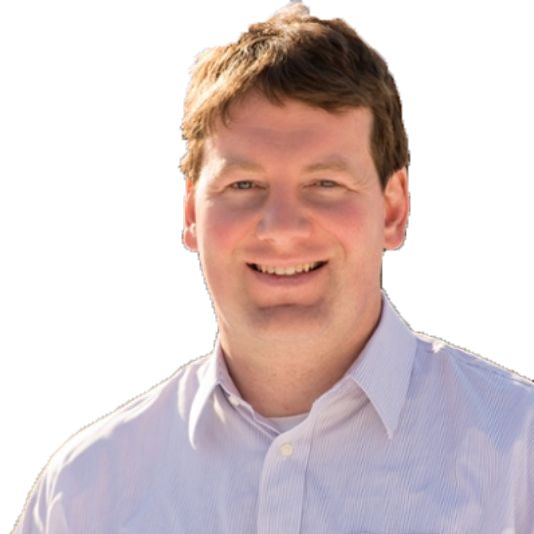 Kevin Van Valkenburg
Kevin Van Valkenburg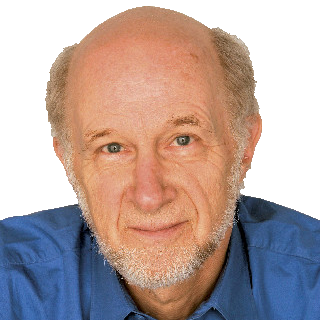 George Vecsey
George Vecsey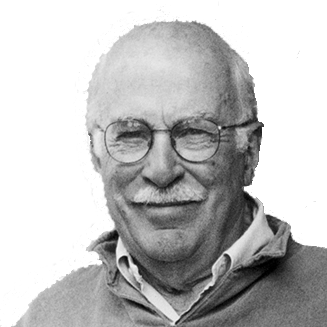 Roger Angell
Roger Angell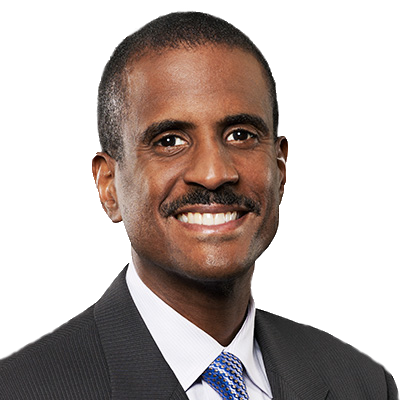 David Aldridge
David Aldridge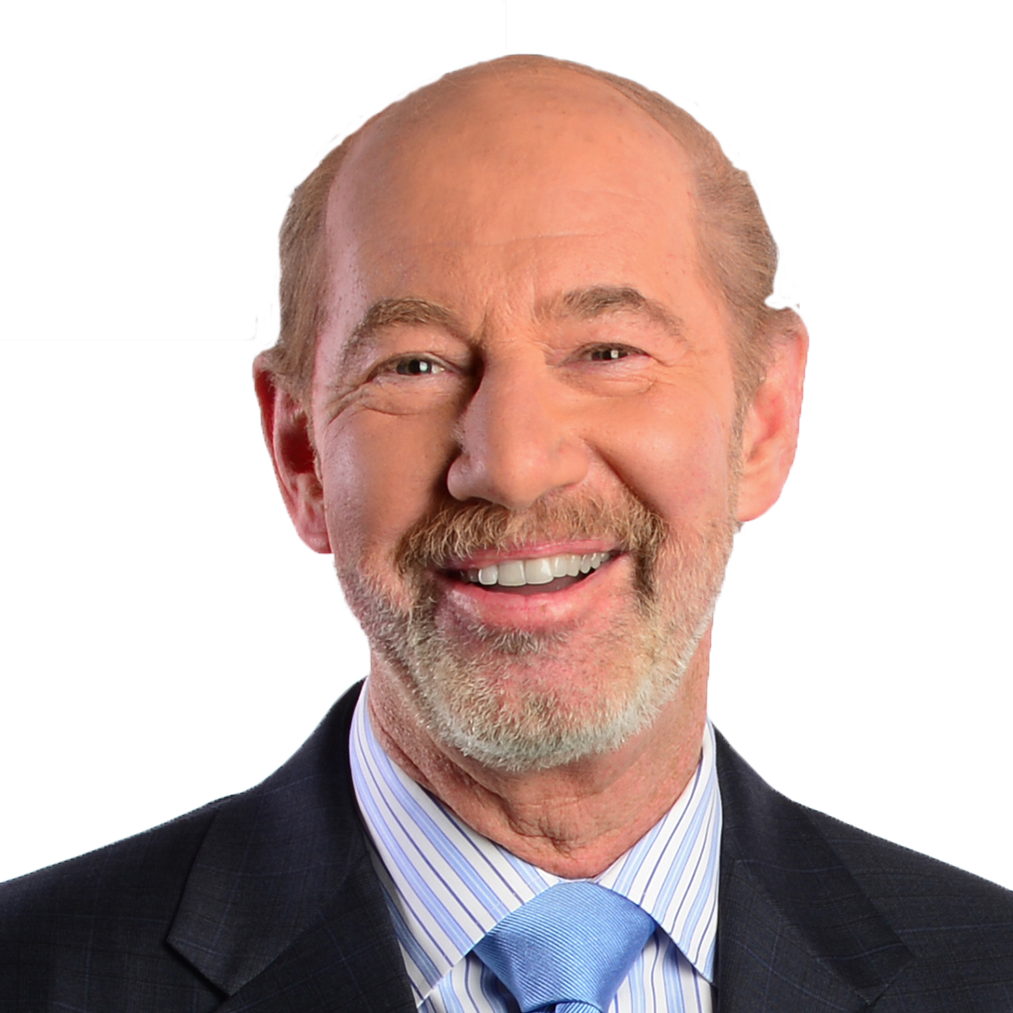 Tony Kornheiser
Tony Kornheiser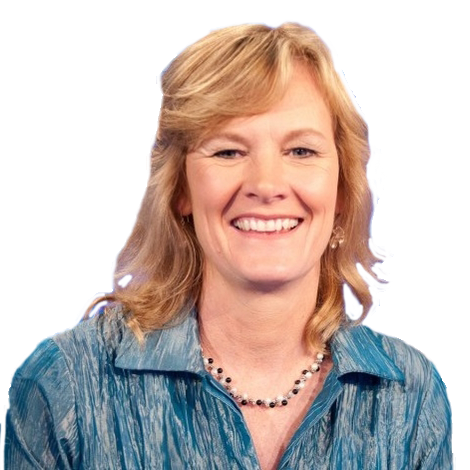 Jackie MacMullan
Jackie MacMullan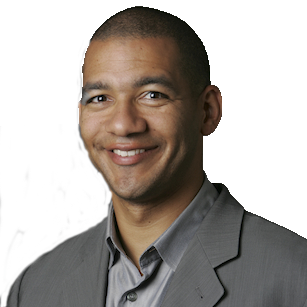 J.A. Adande
J.A. Adande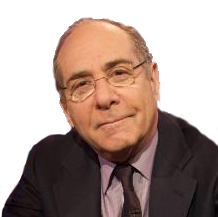 Robert Lipsyte
Robert Lipsyte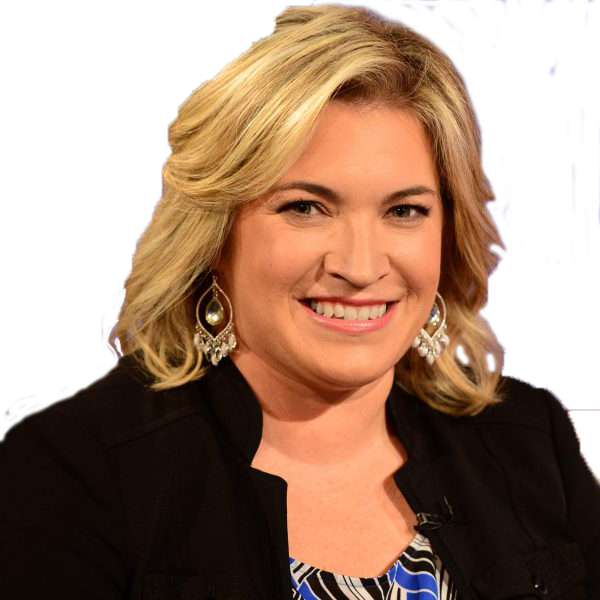 Ramona Shelburne
Ramona Shelburne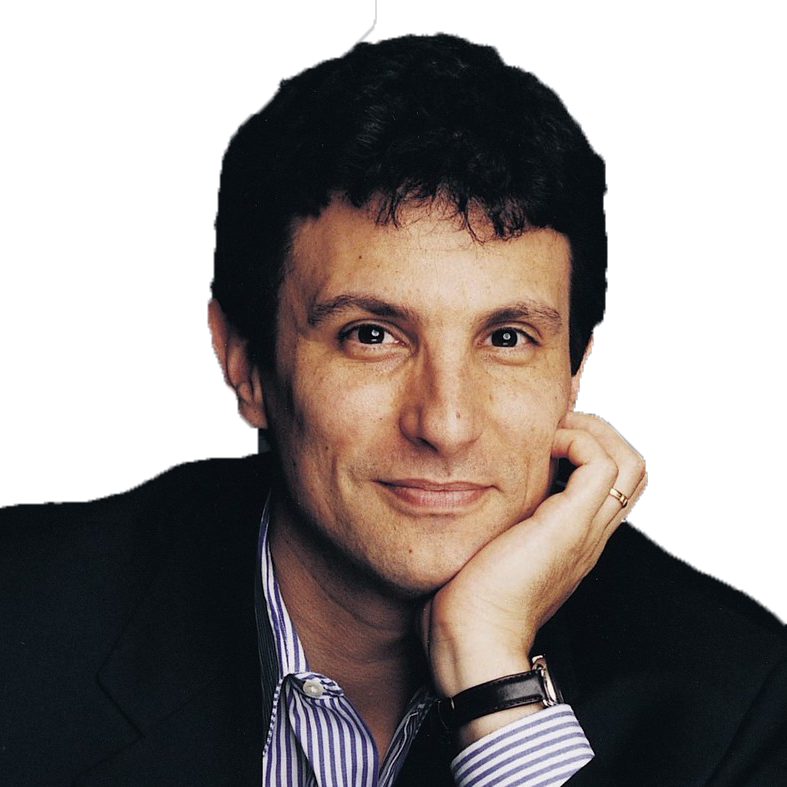 David Remnick
David Remnick Bryan Curtis
Bryan Curtis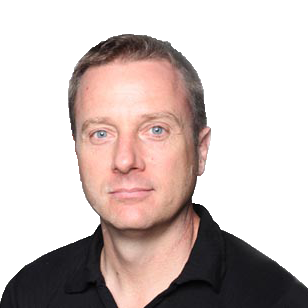 Chuck Culpepper
Chuck Culpepper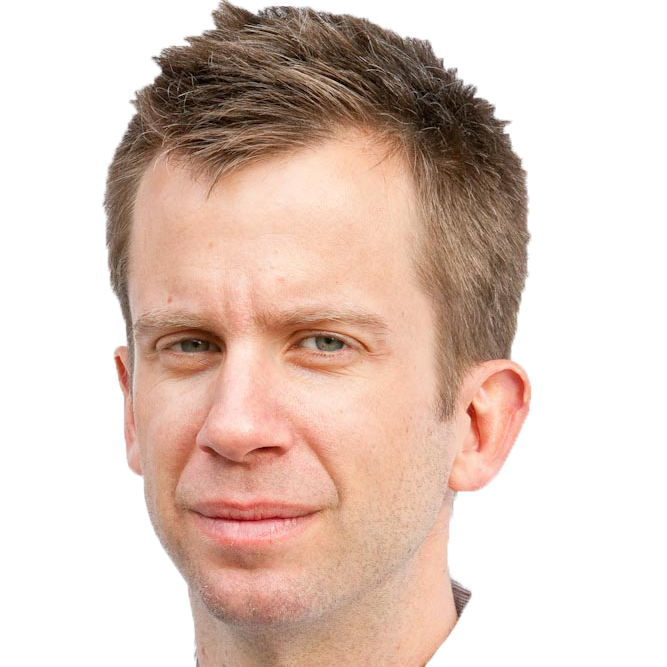 Jason Gay
Jason Gay Heidi Blake
Heidi Blake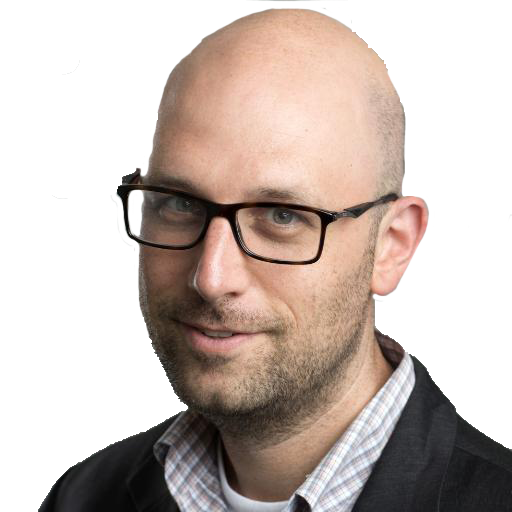 Dan Steinberg
Dan Steinberg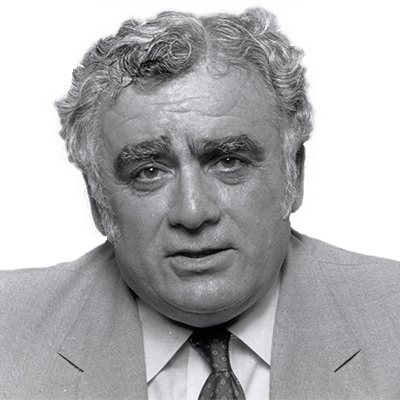 Jerome Holtzman
Jerome Holtzman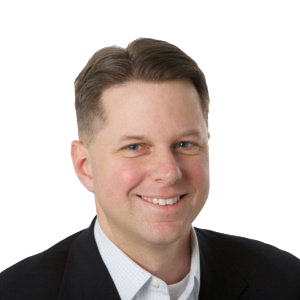 Barry Svrluga
Barry Svrluga
